
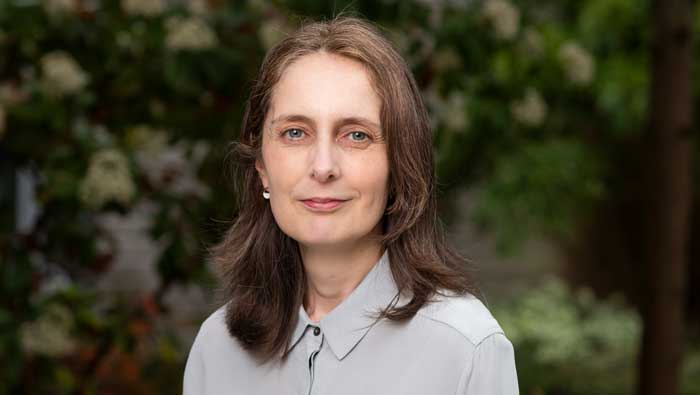

Rebecca Eynon holds a joint academic post between the Oxford Internet Institute (OII) and the Department of Education at the University of Oxford. Her research explores the relationships between education, the Internet and inequalities.
Her work has been supported by a range of funders including the British Academy, the Economic and Social Research Council, the European Commission and Google. She was co-editor of Learning, Media and Technology from 2011-2021. She is currently on the editorial board for Learning, Media and Technology and Information and Learning Sciences.
Rebecca currently leads a project titled, Towards Equity Focused Approaches to EdTech – one of nine projects funded by the ESRC Education Programme, and is an international investigator for the ARC Centre for the Digital Child.
Rebecca teaches on the MSc in Social Science of the Internet at the OII and on the MSc in Education (Digital and Social Change) at the Department of Education. At both departments, she supervises DPhil students interested in digital education and social justice.
AI, digital divides, education, inequality, ethics, learning, skills, social justice and youth.
Sociology of education, digital education, everyday life and learning with the Internet, digital and social exclusion, the political economy of EdTech, the role of computational social science in education research


This programme supports research in the sphere of AI & Work.

This project investigates the relationships between equity, digital technologies and teaching and learning.

This project explores how human-AI relations can be conceptualized for lifelong, and the extent to which these relationships impact risks of automation in the workplace.
In the past five years my work has been financially supported by UK taxpayers, the UK’s Economic and Social Research Council, the John Fell Fund, the Templeton World Charity Foundation, the Dieter Schwarz Foundation, Google, the Australian Research Council, the European Commission and Ferrero. As part of my communication and policy outreach, I have served in a paid advisory capacity to the Good Things Foundation and the Robertson Foundation and in an unpaid capacity to the RSA, the Digital Access for All Taskforce, and the Centre for Data Ethics and Innovation. I am currently a steering committee member of the Swiss National Science Foundation’s Digital Transformation Research Programme, and a member of the Educational and Public Engagement Advisory Committee for the Insight Centre for Data Analytics, Ireland. I conduct my research in line with the University’s academic integrity code of practice.
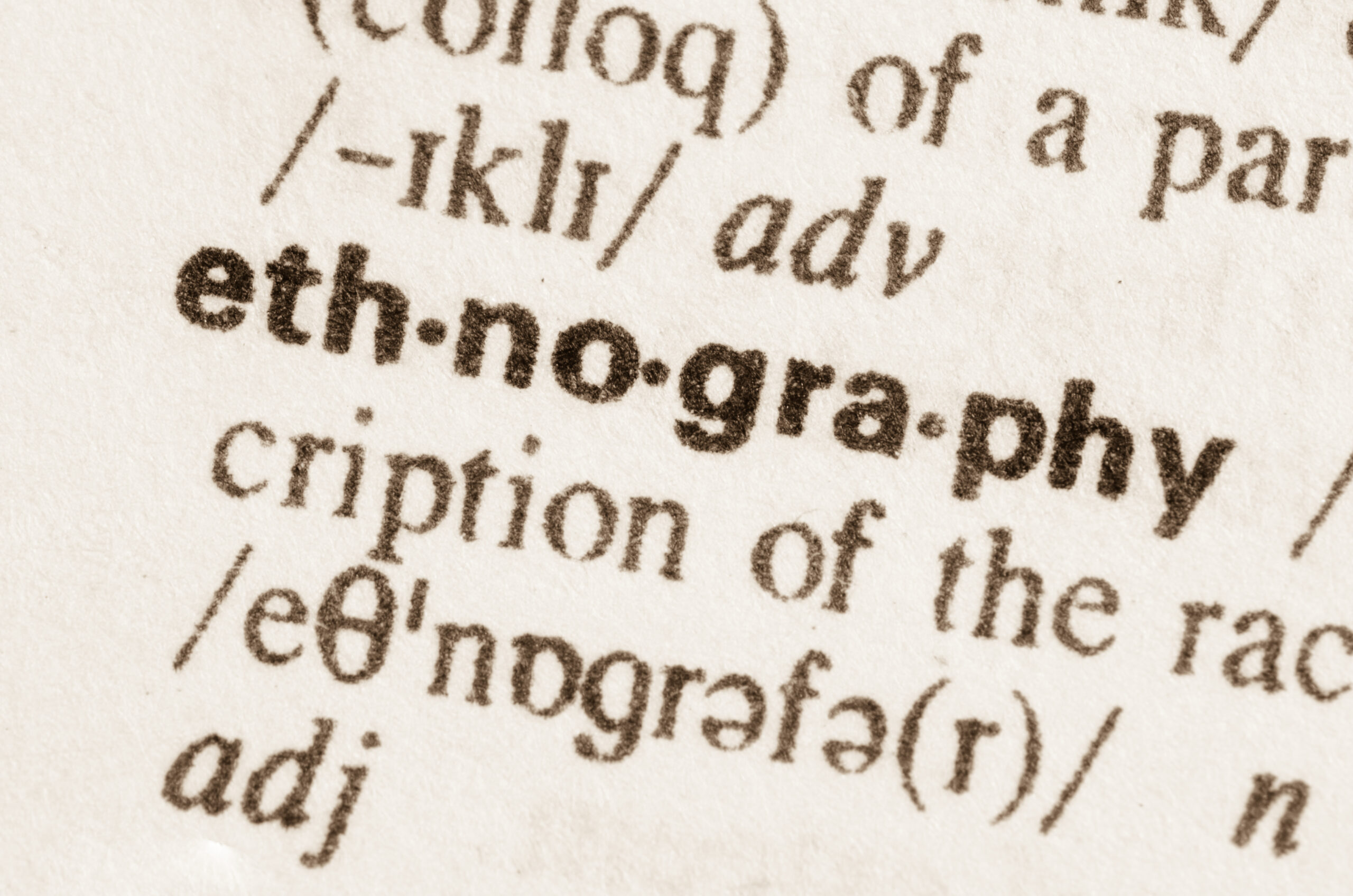
With Professor Kathleen Richardson
The OxDEG team invite Kathleen Richardson, Professor of ethics and culture of robots and AI at De Montfort University, to explore the politics that underpins the merging of humans and machines.

With Professor Rebecca Eynon
This talk was a part of "The interdisciplinary methods challenge: some highs and lows", a seminar for the 2016 QUEST (Qualitative Expertise at Southampton) series.
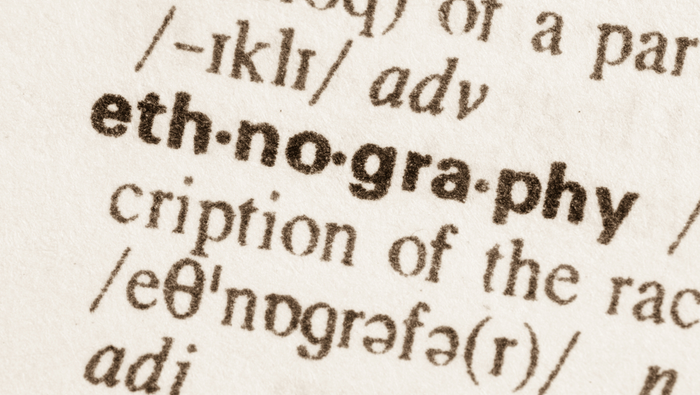
With Dr Cindy Lin
This talk explores the shifting figure of ground truth in map-making, detailing how changing methods of data classification, measurement, and prediction speak to epistemic tensions around how & who can produce knowledge in conditions of uncertainty.

With Professor Rebecca Eynon
Rebecca Eynon summarises key areas of her research on learning, education, and the Internet.
By Anne Ploin, Rebecca Eynon, Isis Hjorth, and Michael A. Osborne
There has been much talk about the potential of AI, but could it really transform the creative arts?
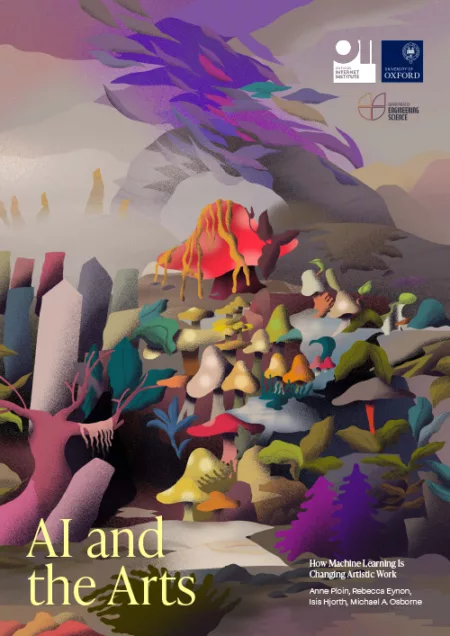

17 November 2025
The OII's Professor Rebecca Eynon welcomes curriculum changes, and urges an active role for young people in AI.

27 October 2023
The OII is leading the debate on Artificial Intelligence. Generative AI has been a key area of interest for faculty, researchers and students for many years. This article brings together some of this work to date and highlights forthcoming work.
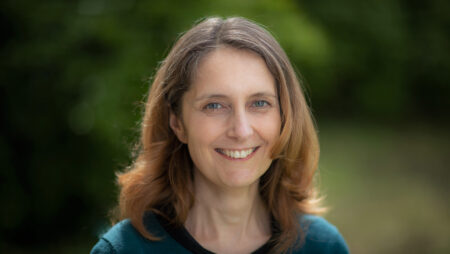
7 December 2022
Oxford Internet Institute researchers awarded ESRC funding to research the impact of technology in UK schools.
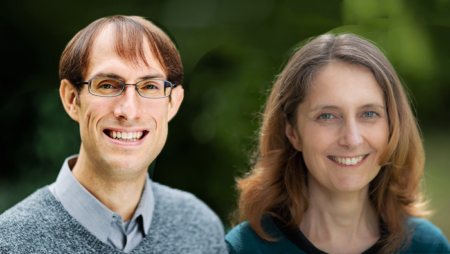
21 June 2022
Congratulations to OII academics named as recipients of divisional teaching awards.

Business Insider, 18 November 2025
Professor Rebecca Eynon, from the Oxford Internet Institute and the University of Oxford's Department of Education, says educators must go beyond preparing students to cope with technology — and instead help them shape it.

The Conversation, 18 May 2020
COVID-19 is disrupting education on an unprecedented scale and this is already leading to growing inequalities.
Couriermail.com.au, 31 January 2014
Rebecca Eynon is among experts commenting on young people's use of social media in Australian online news.

DPhil Student
Liam is a doctoral student at the Oxford Internet Institute whose research focuses on communities of practice, from hobby and amateur groups to professional networks, which often use digital technologies to organise their knowledge-making activities.

DPhil Student
Amanda is a DPhil student researching video games, player creativity, and knowledge practices.

DPhil Student
Alongside work on AI, AM's doctoral research is in the sociology of knowledge, focusing on the online work of independent commissions and their role in British politics.

DPhil Student
Sarah Stewart is a DPhil student at the OII.

DPhil Student
Anju is a DPhil student at the Oxford Internet Institute funded by the ESRC Grand Union Doctoral Training Partnership. Her research focuses on voluntary digital disconnection in contexts of ubiquitous connectivity.

Former MSc Student
Ulrike Deetjen (née Rauer) researched the influence of the Internet on healthcare provision and health outcomes.
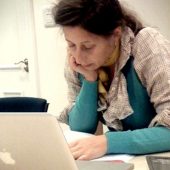
Former Researcher
Isis is a cultural sociologist focusing on emerging practices related to networked technologies. She is currently researching microwork and virtual production networks in Sub-Saharan Africa and Southeast Asia with multiple colleagues at the OII.

Former DPhil Student
Paige was an OII DPhil candidate whose research bridges the political economy of communication and cultural studies focusing specifically on technology-driven education models serving low-income youth.

Former Research Assistant
Daniel Villar Onrubia was an OII DPhil student researching open educational initiatives and practices in the Higher Education sector.

Former Research Assistant
Bianca Reisdorf holds a Diploma in Sociology (2008) from Bielefeld University, Germany. She has interests in media sociology (particularly new media) and social stratification, and has worked for public relations agencies and the German print media.

Former Postdoctoral Research Fellow
Theodora is a digital anthropologist and ESRC DTP Postdoctoral Fellow. For her DPhil she conducted ethnography at a "digital detox" retreat in California. Her research explores technology and mental health as situated in cultural context.
ICTs have the potential to transform how, what and where people learn, and challenges existing ideas of what the purpose and nature of formal education is and what the future of education should be.